The future of 4G: When will it be good enough?
Adoption of 4G continues to grow, but barriers to speed and coverage remain
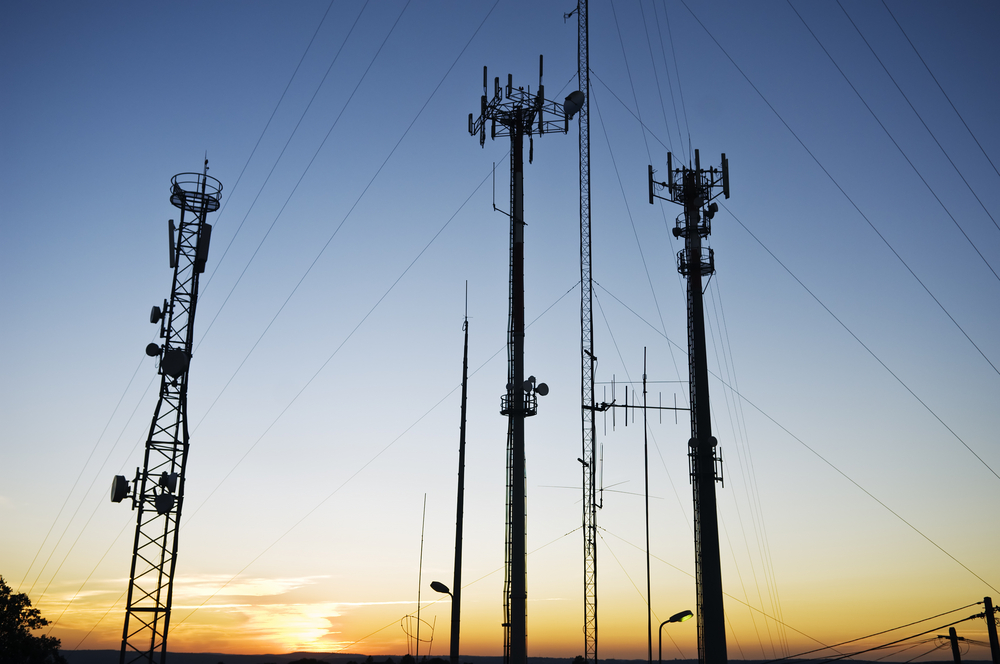

Mobile operators have been scrambling to outdo each other on 4G provision ever since EE lost its sole provider status in the summer of 2013.
Even BT has muscled in on the market, launching a super-cheap SIM-only offer geared to current broadband customers back in March.
And take-up has swelled correspondingly, with EE - soon to be taken over by BT - expecting its customer base to grow to 14 million by the end of the year.
Consumers and business users demanding more from their mobile devices are leading the charge and Three, O2 and Vodafone are fighting to match EE's speedy adoption rate.
Two and a half years since the launch of 4G, the question now is whether it can actually provide the improvement everyone's looking for.
Coverage and speeds are both commonly cited issues that have prevented the supposedly superfast network from truly taking over from older technology, like 3G, which continues to be highly used.
IT Pro explores these barriers to examine how they can be overcome.
Get the ITPro daily newsletter
Sign up today and you will receive a free copy of our Future Focus 2025 report - the leading guidance on AI, cybersecurity and other IT challenges as per 700+ senior executives
Speeds
One of the major problems consumers have had with 3G is the unpredictability of service. Speeds easily range from around 400Kbps to 4,000Kbps, and complete outages are all too common a problem.
This can all be a thing of the past, according to 4G advocates, with more consistency and speeds outstripping the best 3G can hope to offer.
Of course, it's not as simple as that, with the networks all promising different contracts with different speeds and data allowances.
The average download speed for 4G fell significantly between spring and winter 2014, according to a recent study from Ofcom, the latest in a list of reports that have indicated that speeds optimistically promised by the various networks are far from what's actually being delivered.
Ofcom concludes this is a result of 4G's increasing popularity, with average speeds dropping from 15.1Mbps to 14.7Mbps between Q2 and Q4.
Average speeds in London remained static, while those in Edinburgh fell by 12 per cent over the six month period.
James Barford, telecoms expert at Enders Analysis, told The Guardian: "When the network becomes shared amongst more users the average is going to decline. The art of network planning is to ensure it doesn't decline too much."
Of the results, EE held onto to its position as having the fastest download speeds (18.6Mbps) across 81 per cent of homes and businesses, while Three lost out with just 8.6Mbps across 53 per cent.
In April, Three revealed that it would be offering VoLTE (voice over LTE) from September, following Vodafone, which is already rolling out the service.
This comes as a result of some 800MHz spectrum purchased in 2013, allowing customers to make calls over 4G and increasing coverage.
On their 4G offering, Three told IT Pro: "We now cover 55 per cent of the population with 4G and 42 per cent of our customer base now access our 4G network on a regular basis.
"We benchmark the performance of our network using direct feedback from customers and measures of customer experience like call success rate, web browsing speed and video loading times."
It claimed its network performs well against these measures, pointing to a YouGov poll claiming Three's the most popular network, while customers can also use their data abroad for no extra charge.
Caroline has been writing about technology for more than a decade, switching between consumer smart home news and reviews and in-depth B2B industry coverage. In addition to her work for IT Pro and Cloud Pro, she has contributed to a number of titles including Expert Reviews, TechRadar, The Week and many more. She is currently the smart home editor across Future Publishing's homes titles.
You can get in touch with Caroline via email at caroline.preece@futurenet.com.
-
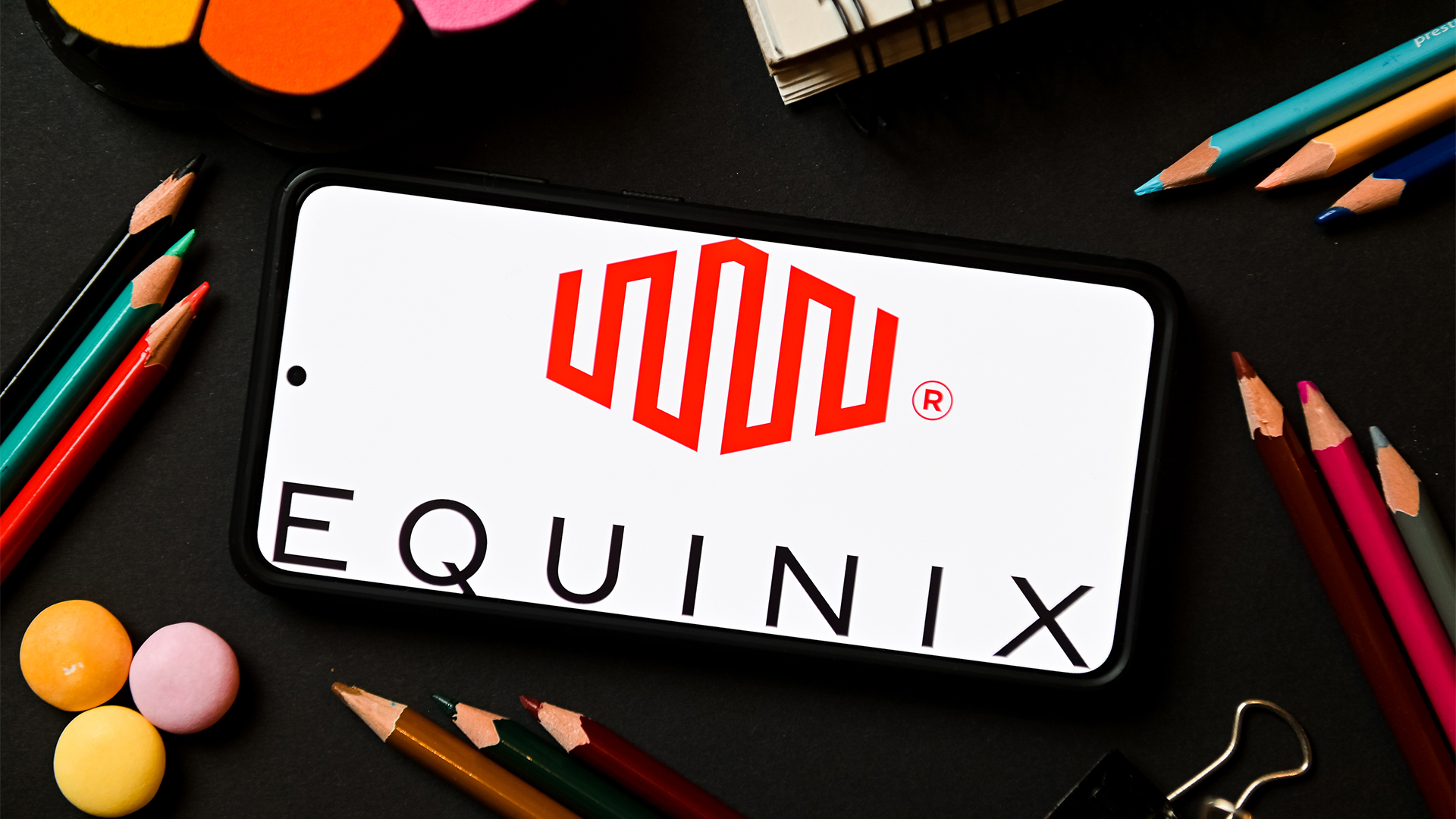 Equinix acquires BT's Irish data centers in €59 million deal
Equinix acquires BT's Irish data centers in €59 million dealNews As BT moves to an asset-light business model, Equinix looks to expand
By Emma Woollacott
-
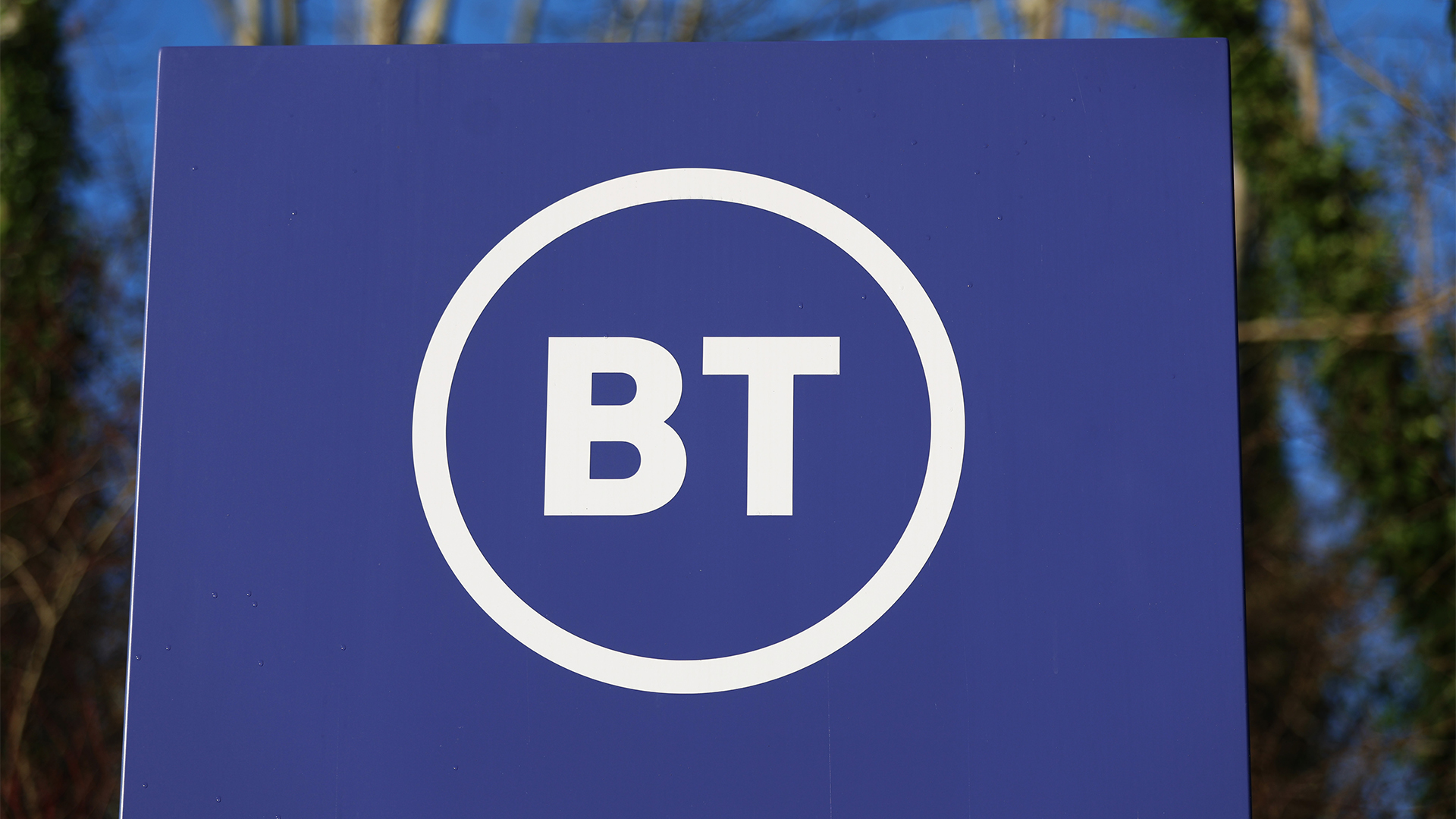 BT just extended the PSTN switch-off deadline — here’s what you need to know
BT just extended the PSTN switch-off deadline — here’s what you need to knowNews BT described the move as a “revision”, citing a series of improvements to the wider PSTN switch-off programme
By George Fitzmaurice
-
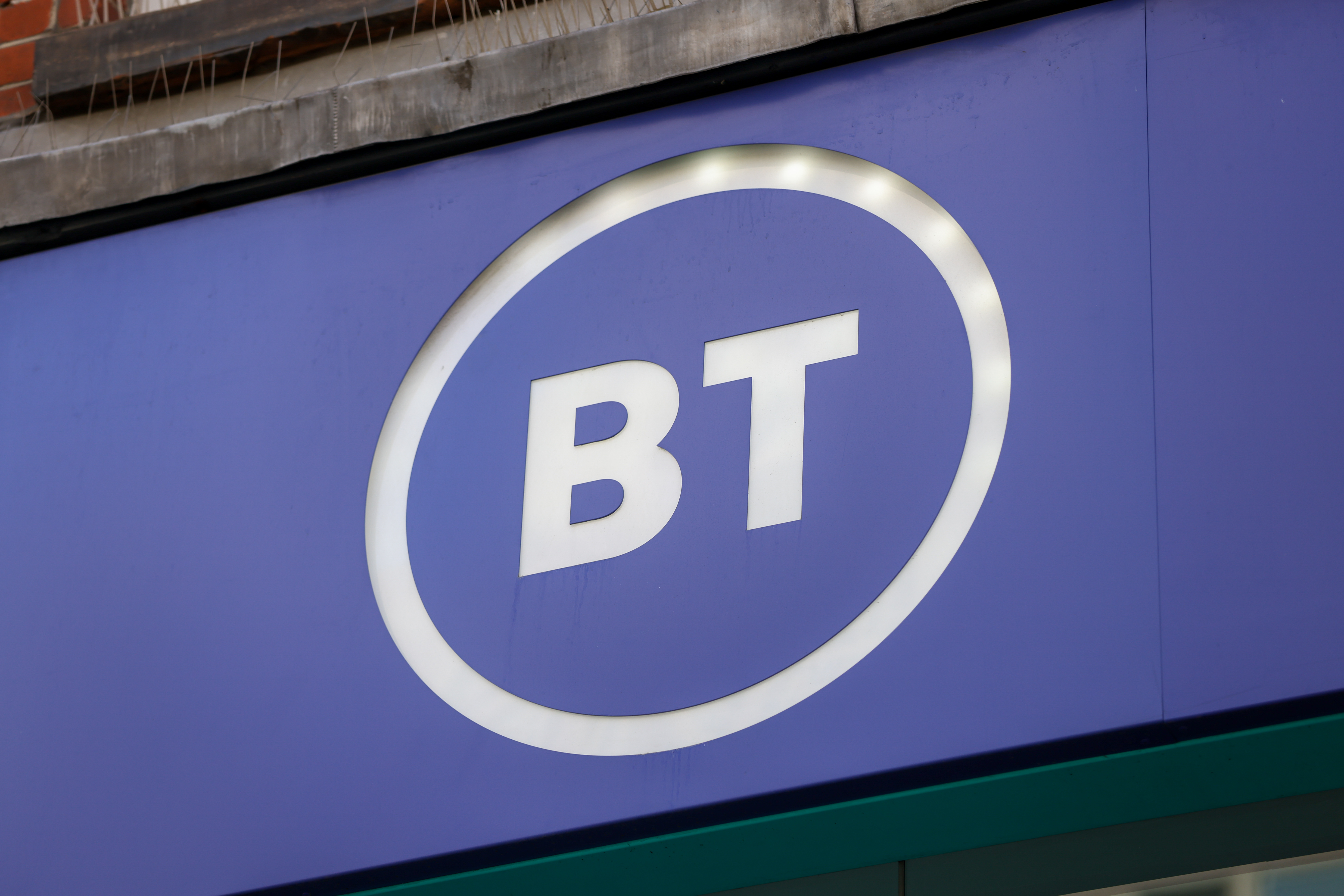 BT misses key Huawei kit removal deadline, but the telco is “almost over the line”
BT misses key Huawei kit removal deadline, but the telco is “almost over the line”News BT is still reliant on non-compliant Huawei equipment for 2G and 3G services
By Ross Kelly
-
 BT partners with HPE to deliver new global managed LAN service
BT partners with HPE to deliver new global managed LAN serviceNews The latest collaboration combines BT’s connectivity expertise with HPE Aruba Networking’s latest LAN solutions
By Daniel Todd
-
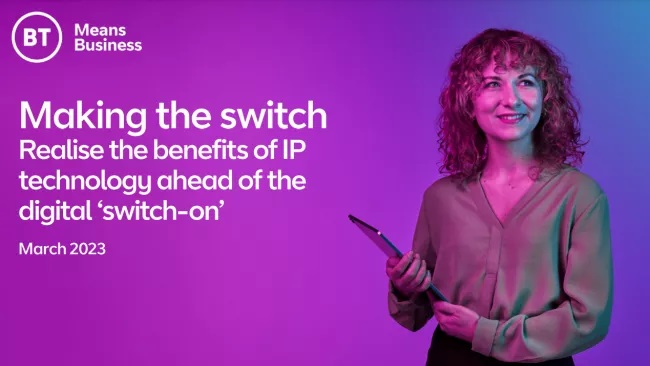 Making the switch
Making the switchWhitepaper Realise the benefits of IP technology ahead of the digital ‘switch-on’
By ITPro
-
 BT and OneWeb succeed in "game changer" satellite connection trial
BT and OneWeb succeed in "game changer" satellite connection trialNews Smaller businesses in rural areas could benefit from improvements to backhaul services using satellites, with speeds increasing by an order of magnitude
By Rory Bathgate
-
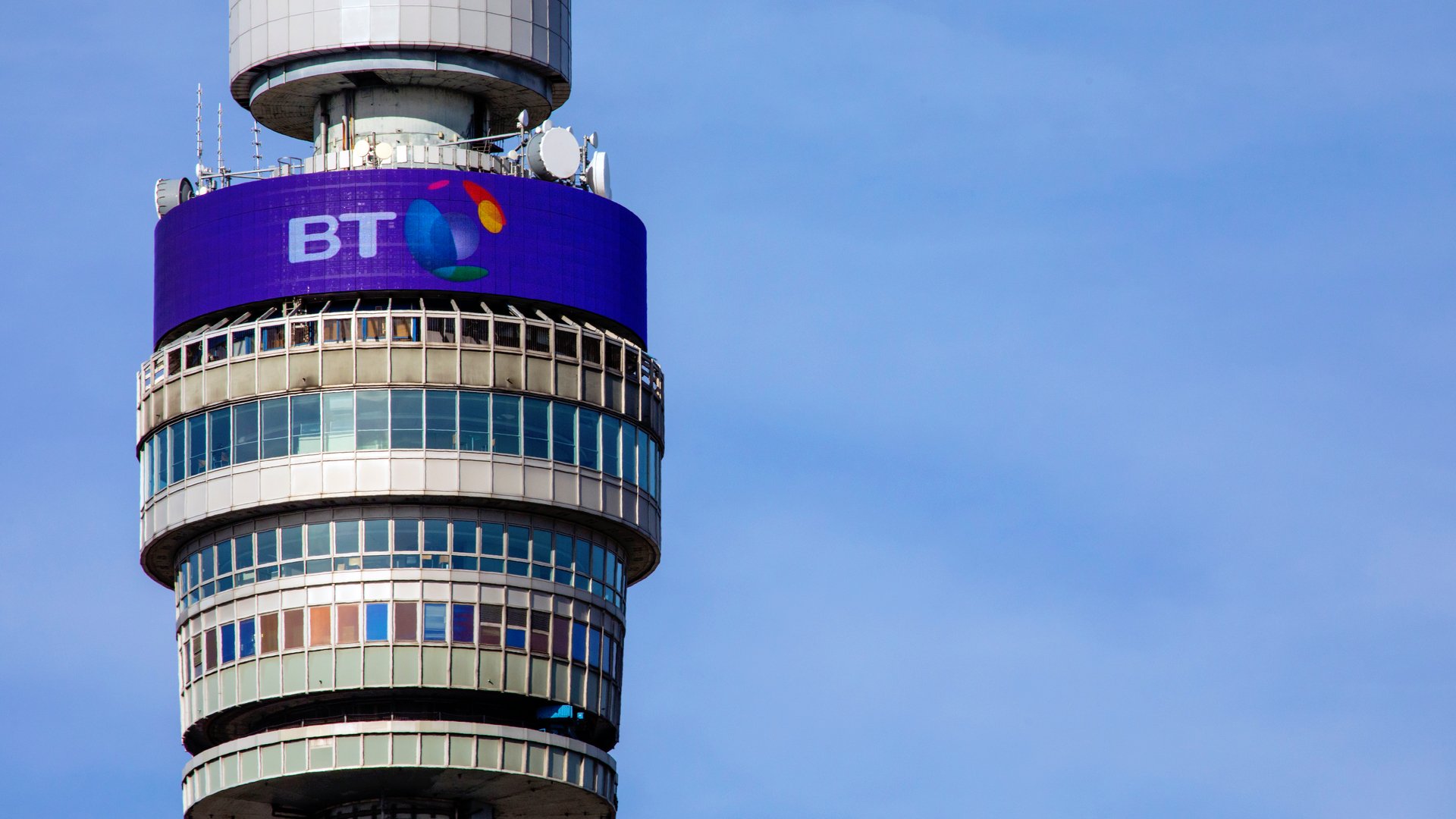 BT, Nokia crack four carrier aggregation on a 5G network in first for Europe
BT, Nokia crack four carrier aggregation on a 5G network in first for EuropeNews The breakthrough marks the first successful use of such technology on a live network, and could lead to dramatic network improvements
By Rory Bathgate
-
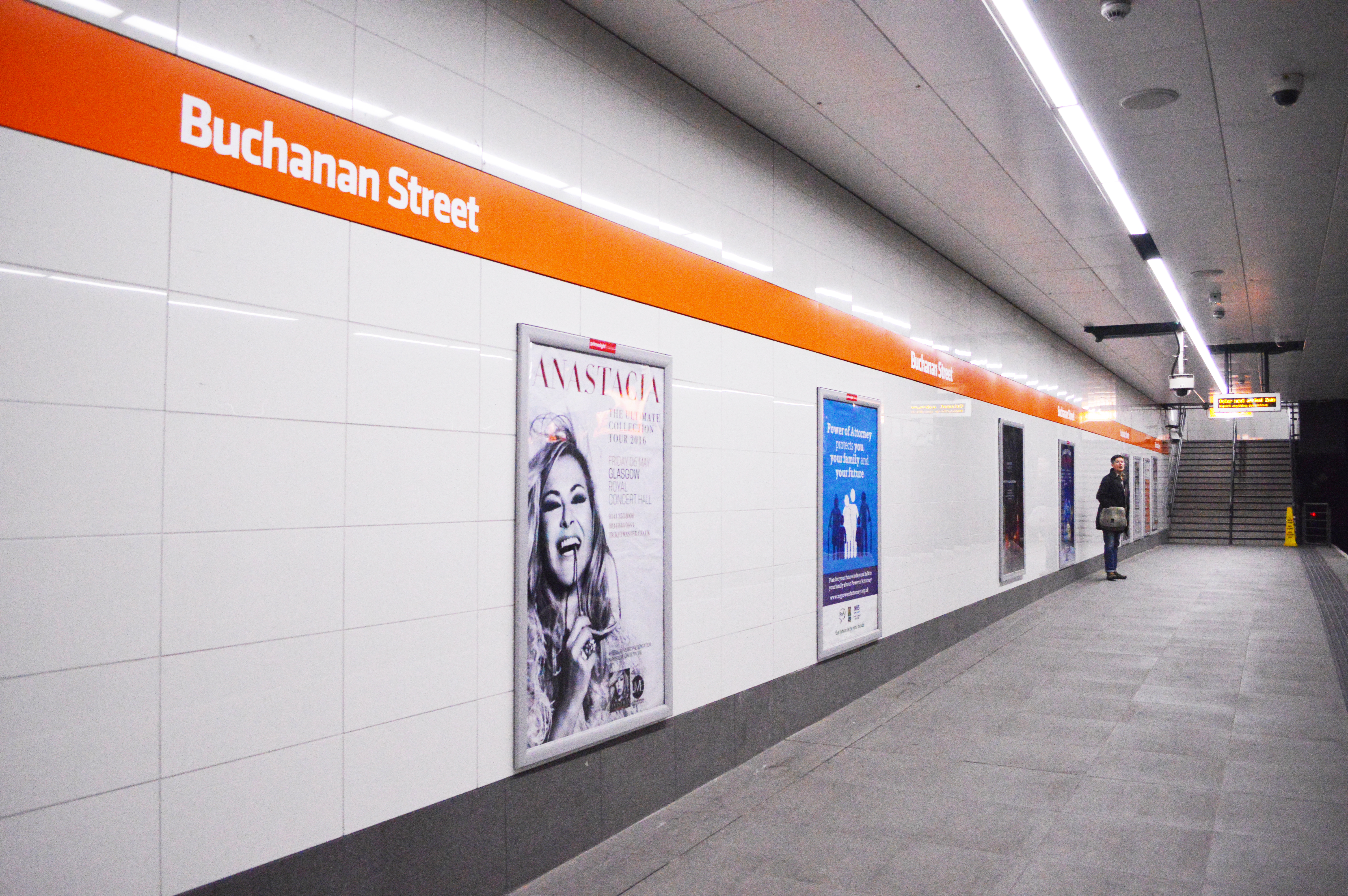 EE rolls out 4G across Glasgow's underground network
EE rolls out 4G across Glasgow's underground networkNews The network is currently restricted to EE customers but is likely to expand in the near future
By Sabina Weston

